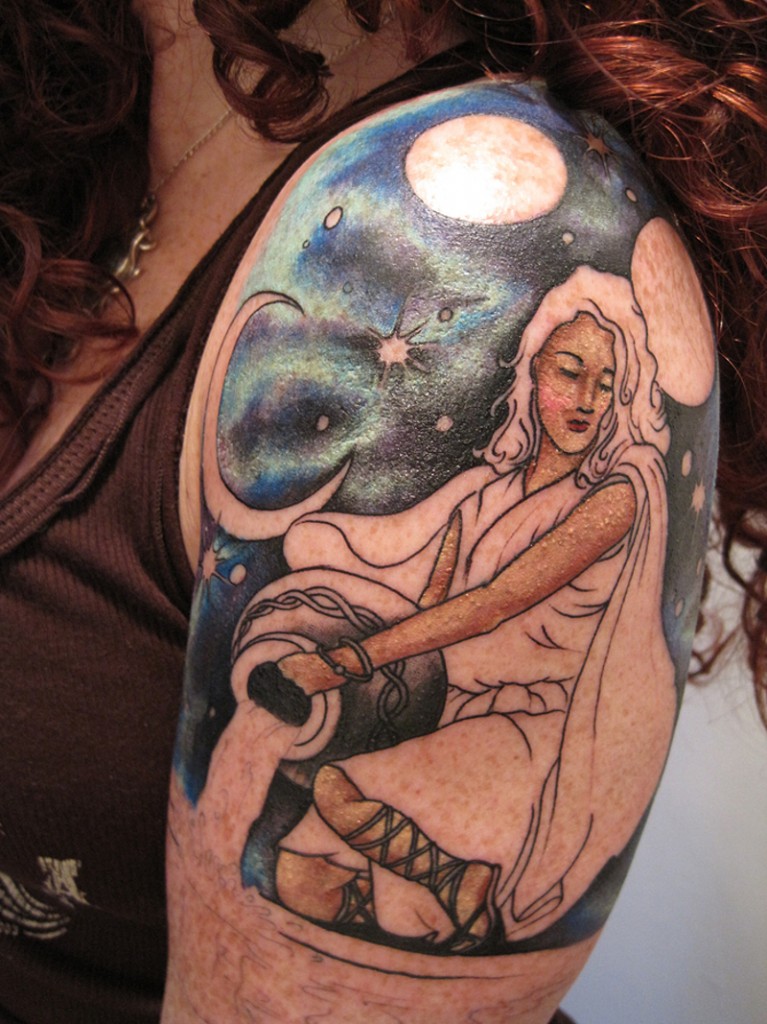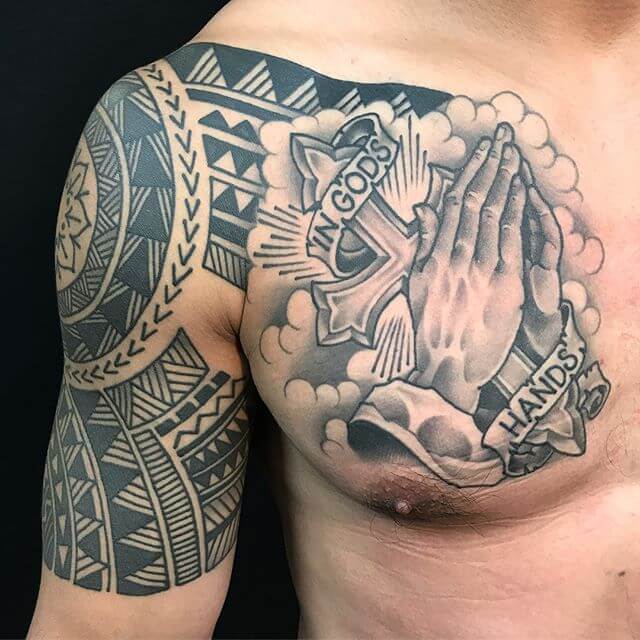
Tattoos are wounds that need healing, and injuries often itch as their cells begin their work to repair the damage and fight infections in that area. Symptoms of itching are entirely typical, but it’s important to remember that having preexisting skin conditions like eczema or sarcoidosis could also impact your tattoo.
Causes
Fresh Tattoos may cause temporary itchiness; however, more severe causes could be at play if this persists beyond their healing period. Luckily, there are ways to prevent and treat itchy Tattoos so they continue to look their best.
One of the leading causes of itching is dry skin. A light coating of moisturizer will hydrate it and relieve symptoms quickly and effectively, eliminating itching. Be sure to choose a lotion compatible with tattoos; scratching can damage its surface, leading to scarring and hindering results.
Some individuals develop sun allergies on their tattoos, leading to an itchy rash each time they go outside in sunlight. If the reaction worsens, consult a dermatologist for treatment and seek professional advice, as itchy Tattoos could also indicate more severe conditions, including an autoimmune disorder, joint replacement surgery, or certain HIV medications.
Treatment
Most itchy Tattoos will go away by themselves; however, if the itching becomes severe and you suspect an infection, please consult a physician immediately, as untreated infections can lead to scarring and serious complications.
Rather than scratching your itchy tattoo, use products designed for new tattoos. Be sure to clean it first using antibacterial soap, then only apply thin layers of lotion; overdoing it could lead to scabbing and compromise your final results.
Existing skin conditions like psoriasis may also contribute to itchy tattoos; if this is the case for you, consult your dermatologist’s advice on treatment. Also, if you have an MRI scan scheduled, notify your physician if radiation causes temporary itching, swelling, and burning on your tattoos; however, this usually resolves itself quickly, but it is still worth telling the physician about.
Prevention
Keep your tattoo clean and moisturized to reduce itching. Choose a fragrance-free soap and treat the area gently when washing it, using gentle pressure when showering (no submersion in lakes, rivers, oceans, or hot tubs/slip-in-slides on your front lawn!). Pouring may also work.
Use natural moisturizing cream that contains shea butter or cocoa butter, such as Badger Tattoo Balm or Hustle Butter Tattoo Aftercare. Products containing color or fragrance could irritate new skin; opt for a lighter lotion instead of thick ointments; these could leave oily marks that transfer onto clothing.
Keep your tattoo away from direct sunlight to avoid sunburn. Itching could indicate preexisting skin conditions like psoriasis or eczema; in this instance, seek medical advice immediately from a dermatologist. If the itching persists after seeking advice from your physician, such as pus, fever, or any other symptoms indicating infection, seek immediate attention.
FAQ
Tattoos are an art form that penetrates the middle layer of skin tissue. As such, they create an open wound susceptible to infection, with symptoms including itchy sensations, redness, swelling, discharge, and fever experienced by some individuals. Any sign of infection requires medical intervention immediately.
Scratching a new tattoo should never be done, as this could introduce bacteria and lead to an infection. Grinding also removes healing flakes or scabs too soon and damages its design by prematurely dislodging bits – potentially leaving faded or damaged areas within its structure.
Your best option for maintaining the integrity and healing speed of a new tattoo is keeping it clean, using Panthenol-rich moisturizer recommended by your tattoo artist, and applying at least twice daily antibacterial soap wash on both hands – this should ease any itching that arises and allow your new tattoo to fully recover faster. When it comes time for healing, it should happen quickly! It is also recommended that others not touch it if germs have made contact. Make sure you use antibacterial soap at least two times each day when washing hands twice daily with antibacterial soap!

